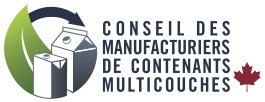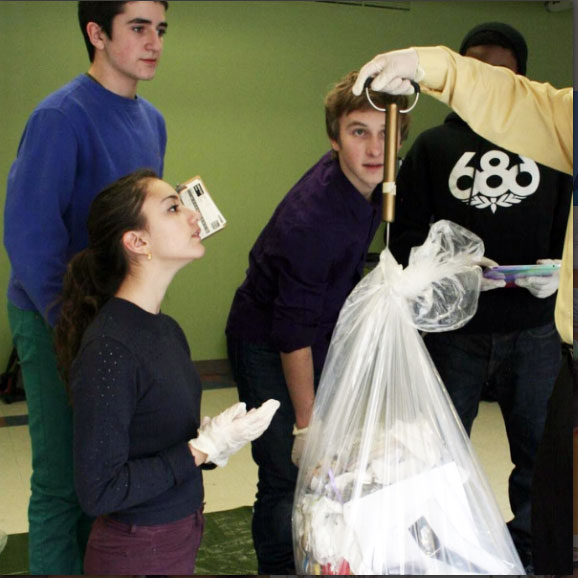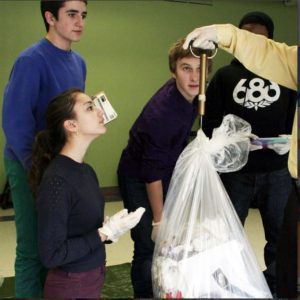During the 2019/20 school year, Carton Council of Canada was pleased to partner with EcoSchools Canada, who works to build sustainable school communities. Their main vehicle for doing this is through a certification program for K-12 schools that nurtures environmental learning and climate action.
As part of the sponsorship agreement, EcoSchools agreed to collect relevant data about carton recycling in Ontario schools through two online surveys administered with school and school board representatives. The first survey (Fall 2019) found that:
- 90% of respondents said cartons were accepted for recycling at their school and over half of them (56%) estimated that about 75% of cartons are successfully recycled. This was encouraging to CCC!
- The top two barriers to carton recycling in schools were identified as the residual liquid found in cartons, and the lack of knowledge that they are recyclable
The follow-up survey (Spring 2020) aimed to identify potential solutions to address the previously-identified barriers. Asked about the feasibility of implementing a residual liquid management station at their school, 19% said it would be very feasible; 57%, somewhat feasible; 24%, not feasible.
Asked about potential efforts to address the lack of awareness that cartons are recyclable, the two most popular responses were putting up posters in key areas of the school (32%) and putting labels on recycling bins (25%).
The CCC is currently reflecting on how it could facilitate the delivery of these solutions, especially given the restrictions imposed by the pandemic. One idea we are exploring is the creation of a “how to” video showcasing best practices for carton recycling in schools. If you are an educator and/or are close to this topic, we would love to hear from you!
The other component of the sponsorship involved broadening EcoSchools’ waste audit template to include dedicated measurement categories for drink boxes and milk cartons (previously all recyclable beverage containers were tracked together). In total, 51 schools reported their waste audit data with EcoSchools. The average reported waste diversion rate was 54%. With regards to cartons, the milk carton diversion rate was 76% while drink boxes averaged 68% diversion. We are encouraged by these results and we are in discussions with EcoSchools about how we can support schools in further increasing the diversion of cartons.
Looking to the east, we are also excited to report that we have partnered with The Gaia Project to fund the delivery of a number of Trash Tracker programs to students in grades 3-5 in elementary schools across New Brunswick during the 2020/21 school year. The program takes students through a hands-on waste audit and the development of a waste reduction plan that leverages those findings. A new experience for many, the audits help teach students – and reinforce to all of us – how important measuring progress is, so that we can manage our efforts accordingly.
Finally, as we head into a new school year, we know it will be different from any we have experienced before. Despite the challenges created by COVID-19, we want to wish everyone a safe, happy and “green” year and are proud to continue to support recycling and sustainability-focused education.



